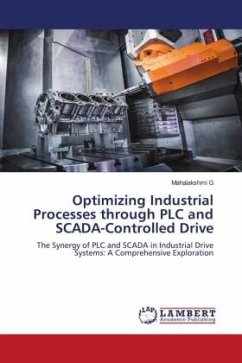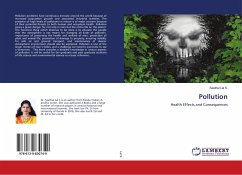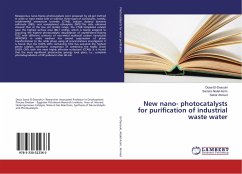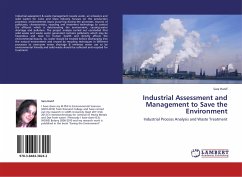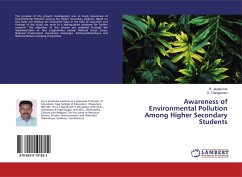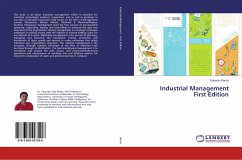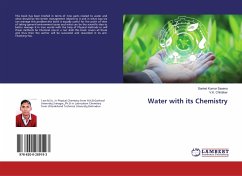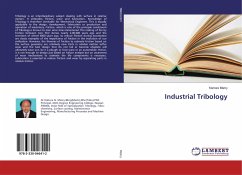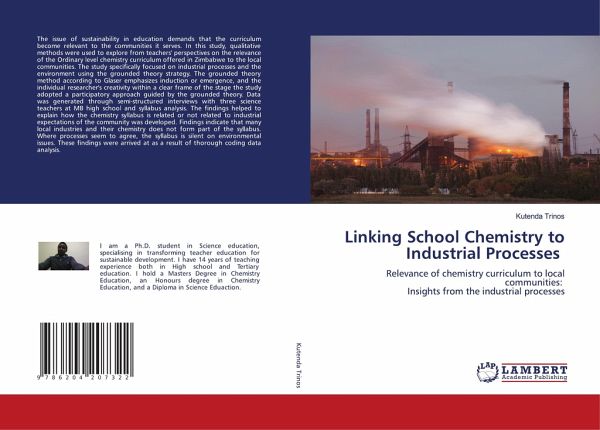
Linking School Chemistry to Industrial Processes
Relevance of chemistry curriculum to local communities: Insights from the industrial processes
Versandkostenfrei!
Versandfertig in 6-10 Tagen
47,99 €
inkl. MwSt.

PAYBACK Punkte
24 °P sammeln!
The issue of sustainability in education demands that the curriculum become relevant to the communities it serves. In this study, qualitative methods were used to explore from teachers' perspectives on the relevance of the Ordinary level chemistry curriculum offered in Zimbabwe to the local communities. The study specifically focused on industrial processes and the environment using the grounded theory strategy. The grounded theory method according to Glaser emphasizes induction or emergence, and the individual researcher's creativity within a clear frame of the stage the study adopted a parti...
The issue of sustainability in education demands that the curriculum become relevant to the communities it serves. In this study, qualitative methods were used to explore from teachers' perspectives on the relevance of the Ordinary level chemistry curriculum offered in Zimbabwe to the local communities. The study specifically focused on industrial processes and the environment using the grounded theory strategy. The grounded theory method according to Glaser emphasizes induction or emergence, and the individual researcher's creativity within a clear frame of the stage the study adopted a participatory approach guided by the grounded theory. Data was generated through semi-structured interviews with three science teachers at MB high school and syllabus analysis. The findings helped to explain how the chemistry syllabus is related or not related to industrial expectations of the community was developed. Findings indicate that many local industries and their chemistry does not form part of the syllabus. Where processes seem to agree, the syllabus is silent on environmental issues. These findings were arrived at as a result of thorough coding data analysis.



